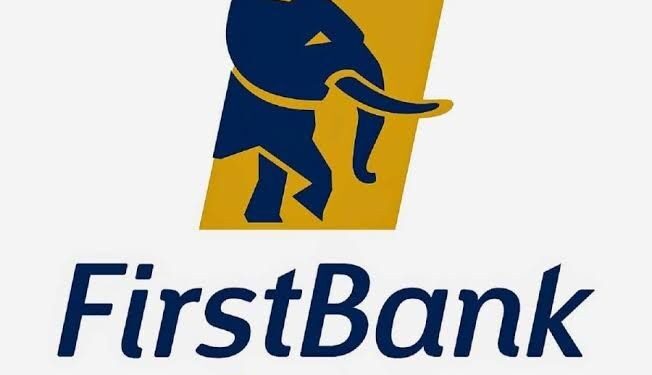First Bank of Nigeria Limited (FirstBank) has clarified the reasons behind its decision to freeze the accounts of General Hydrocarbons Limited (GHL), citing breaches of loan agreements and concerns over transparency and governance.
According to FirstBank, the dispute began after the bank provided credit facilities to GHL for the development of Oil Mining Lease (OML) assets. However, the bank alleged that GHL failed to meet its obligations, including diverting funds from crude oil sales that were meant to repay the loans.
In a press release, FirstBank stated that it had fulfilled all its obligations under the loan agreements, but GHL refused to adhere to agreed terms. To ensure transparency, FirstBank proposed appointing an independent operator to oversee the financed assets and improve project accountability. However, this proposal was rejected by GHL.
The situation worsened when GHL requested an additional $53 million loan, which FirstBank declined due to concerns over the handling of previous loans. Instead of resolving the bank’s concerns, GHL initiated arbitration proceedings and secured a court order temporarily freezing its $225 million assets.
FirstBank responded by filing a substantive claim at the Federal High Court, accusing GHL of breaching loan agreements and diverting funds. The bank justified its legal actions as necessary to recover funds, prevent further breaches, and protect its interests as a secured lender.
FirstBank also criticized what it described as a deliberate media campaign by GHL to misrepresent the facts of the dispute. The bank insisted it would not be swayed by media pressure or blackmail and remains committed to transparency and fairness.
The ongoing legal and arbitration proceedings between the two parties highlight broader concerns about governance and risk management in Nigeria’s financial sector. The outcome of the case could set a significant precedent for future high-stakes commercial disputes in the country.





















































